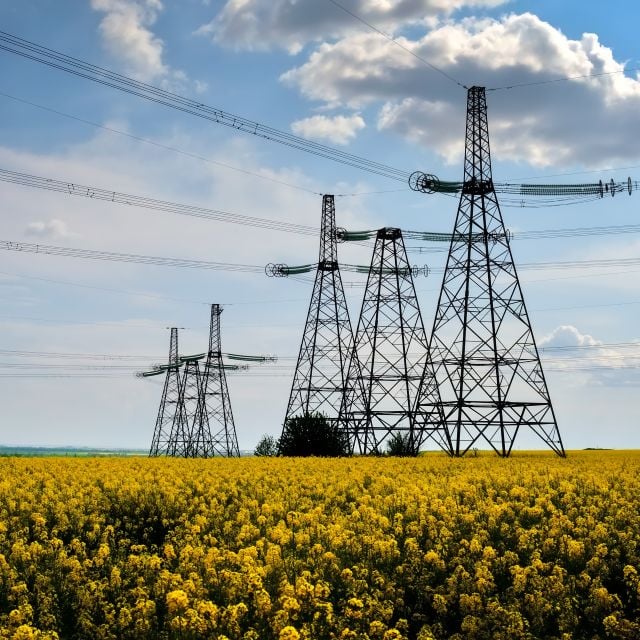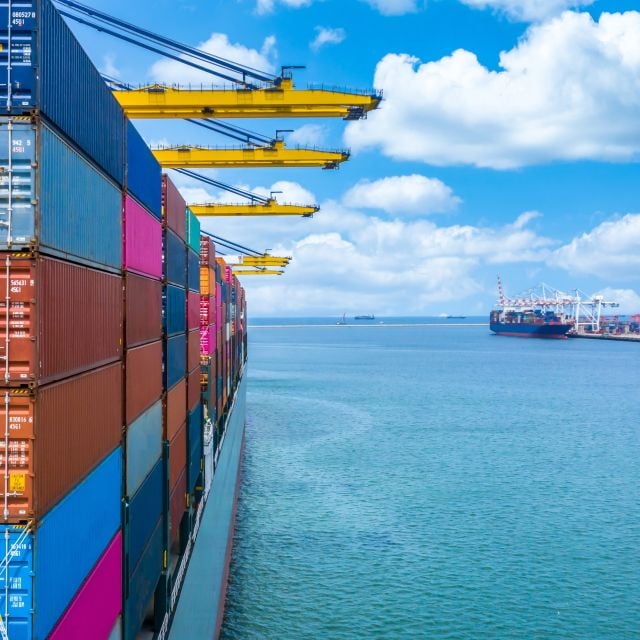On December 5, 2018, the British Columbia government announced its climate action plan, CleanBC, which explains how the government intends to meet the province’s legislated emissions reduction targets (CleanBC Plan).
The CleanBC Plan targets emissions reductions from transportation, buildings, waste, and industry and restates the government’s intentions presented in the Clean Transportation, Clean, Efficient Buildings, and the Clean Growth Program for Industry discussion papers issued in early 2018. The plan offers few details beyond those presented in the discussion papers; which is unsurprising since the government seeks to engage with various stakeholders, including industry, and other governments.
This update summarizes the cleaner industry and cleaner transportation initiatives.
The CleanBC Plan aims to meet the province’s emissions reduction targets updated in May 2018. Using 2007 as the baseline, B.C. is targeting reductions of:
- 40 percent by 2030
- 60 percent by 2040
- 80 percent by 2050
The government estimates that the industry, buildings and transportation initiatives in the CleanBC Plan combined will reduce the province’s emissions by 18.9 Mt, or 75 percent of the province’s 2030 climate target, with the remaining 6.1 Mt to be achieved through other initiatives currently being planned.
CleanBC Plan Industry Highlights
The CleanBC Plan is both a harbinger of opportunities and risks if industry fails to respond to the proposed changes.
Industry
The CleanBC Plan proposes to:
- Direct a portion of B.C.’s carbon tax paid by industry into incentives for cleaner operations.
- As the Carbon Tax increases $5 per year until it reaches $50 in 2021:
- an Industrial Incentive will be offered to reduce carbon-tax costs for operations meeting world leading emissions benchmarks; and
- a Clean Industry Fund will invest some industrial carbon tax revenue directly into emission reduction projects.
Both the incentive program and fund are planned to begin operating in 2019.
- The plan does not elaborate on (i) greenhouse gas benchmarks, which are yet to be established and which are to be reviewed and updated regularly and (ii) eligibility criteria.
- The plan tries to balance the increases from LNG Canada and leaves electrification as the most cost effective option for new LNG plants.
- Requirements to apply for the Clean Industry Fund will include: a detailed project plan that outlines the technologies or improved processes the facility wants to implement and the amount of emissions they expect to reduce; and a business case for the project with financial details, outlining the need for funding support and justifying the request for funding.
- As the Carbon Tax increases $5 per year until it reaches $50 in 2021:
- Lower air pollution in the British Columbia lower mainland with a pilot project to test options to switch 1,700 freight trucks to cleaner or zero-emission fuel. This includes:
- Creation of a new heavy-duty vehicle incentive program to provide funding to promote the purchase of energy efficient equipment for large transport trucks.
- Expansion of the Clean Energy Vehicle Medium/Heavy-Duty program to offer more incentives to support a transition to zero-emission vehicles and fuels in trucking, buses, port and airport ground equipment, and marine vessels.
- Entering into a partnership with the Vancouver Fraser Port Authority on a Clean Trucking pilot project to reduce emissions from hauling of goods between terminals and other facilities such as distribution centres.
- Reduce methane emissions from upstream oil and gas operations by 45%.
- Establishing new rules to reduce methane emissions in the upstream production of natural gas by 45% by 2025. Regulations being developed by the B.C. Oil and Gas Commission are expected to be passed by 2019.
- An equivalency agreement with the federal government is also contemplated.
- Increase access to clean electricity for large operations with new transmission lines and interconnectivity to existing lines.
- B.C. Hydro will add new transmission lines and interconnect existing lines to promote electrification thereby taking advantage of B.C.’s abundant hydro-electric advantage.
- There is an emphasis on electrifying industrial operations in the Peace Region, however, it is unclear whether this will be through additional B.C. Hydro infrastructure.
- The CleanBC Plan states that its policies will require an additional 4,000 gigawatt-hours of electricity to the currently projected demand growth to electrify key segments of the provincial economy (equivalent to increasing B.C. Hydro’s current system-wide capacity by about 8%). Therefore, meeting the province’s emissions targets beyond 2030 will require substantial additional volumes of new clean electricity to further electrify transportation, industry, and buildings.
- Make industrial natural gas consumption cleaner with a minimum 15% to come from renewable gas.
- Promoting B.C.’s hydrogen economy with financial supports for the deployment of fuel cell electric vehicles and infrastructure; support for centralized hydrogen production; and injection of sustainable hydrogen into the natural gas grid.
- Incentivising use of hydrogen creates opportunities for the renewable natural gas sector.
- Develop a regulatory framework for carbon capture storage and utilization.
Cleaner Transportation
CleanBC emphasizes cleaner transportation:
- Mandates that 10% of new cars will be ZEVs by 2025, 30% will be ZEVs by 2030, and 100% will be ZEVs by 2040.
- Continue to incentivize the purchase of ZEVs and expanding incentives for clean buses and heavy-duty vehicles.
- Expand the charging network for ZEVs and adding hydrogen fueling stations.
- Enable private investment in charging and hydrogen fueling infrastructure.
- Expand the province's Renewable and Low Carbon Fuel Standard, increasing the low-carbon fuel-standard to 20% by 2030.
- Increase the supply of cleaner fuels by ramping up new production in B.C. by increasing new production of 650 million litres of renewable fuels by 2030.
- Increasing tailpipe emission standards for vehicles sold after 2025.
Next Steps
In 2019, the government will conduct a new round of engagement to inform the next steps of CleanBC Plan, roll-out associated programs, and introduce enabling legislation. Through its partnerships with associations, collaboration with advisory councils, and other organizations, the finer details regarding the CleanBC Plan will become available. The cost of the CleanBC Plan is expected to be released in Budget 2019.























